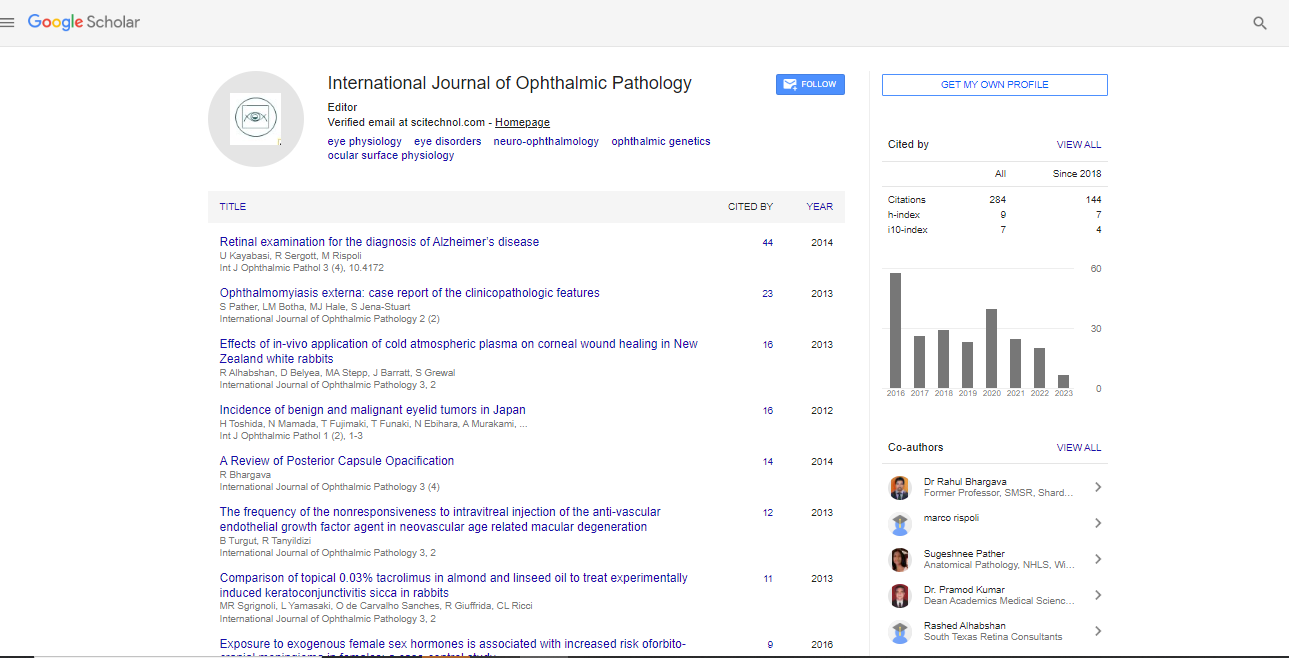Exposure to Exogenous Female Sex Hormones is Associated with Increased Risk of Orbito-Cranial Meningioma in Females: A Case-Control Study
Objective: This study aimed to investigate the association of exposure to exogenous female sex hormones with orbito-cranial meningioma among females.
Methods: This was a case-control study of 115 women (40 orbitocranial meningioma cases and 75 healthy controls). All cases were confirmed by Multi-sliced head CT scan and histopathological examination following the surgical procedure. Age-matched control (2 years) were meningioma-free, confirmed by clinical examination and head CT-scan. Detailed history of previous hormonal contraception, menstrual cycle, parity history and other demographic data were obtained by interview. The association of hormonal contraception with incident meningioma was estimated using logistic regression, adjusted for education level, age of menarche, length of menstrual cycle and number of parity.
Results: The median age of cases vs. control was 46 vs. 47 years (p=0.92). Cases had older age of menarche (13 vs. 11 years; p<0.001) and had used longer hormonal contraception (55% vs. 27% had used more than 10 years; p=0.005) compared to controls. The use of hormonal contraception containing progesterone was significantly associated with increased risk of orbito-cranial meningioma (Odds Ratio [OR] 2.47; 95% Confidence Interval [CI] 1.08 5.64; P=0.03). Exposure to hormonal contraception for more than 10 years was also significantly associated with increased risk of developing meningioma (OR 3.95, 95%CI 1.67-7.64; p= 0.002). After adjusting for education level, age of menarche, length of menstrual cycle and number of parity, only exposure to hormonal contraception for more than 10 years remained significant.
Conclusion: In this study, the use of hormonal contraception containing progesterone was associated with increased risk of developing orbitocranial meningioma in females. This finding highlights the public health importance of the use of hormonal contraception and suggests that further studies to understand its mechanisms are warranted.
